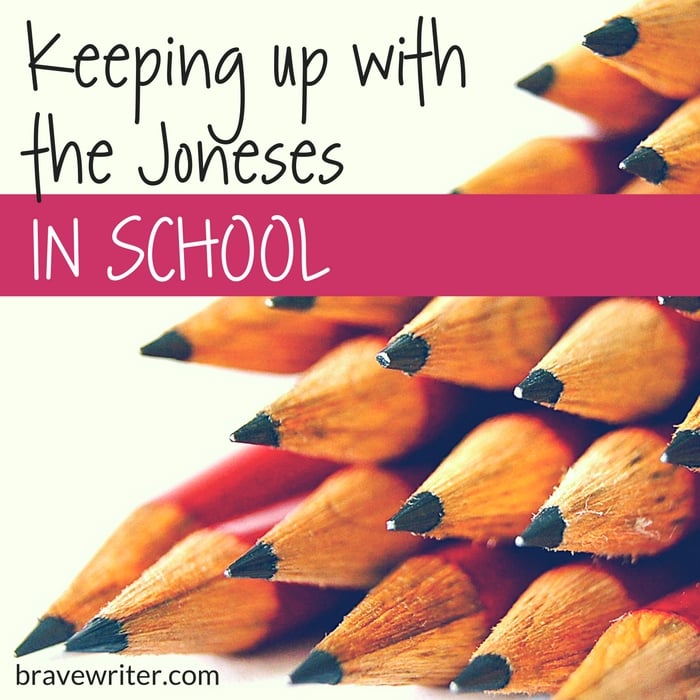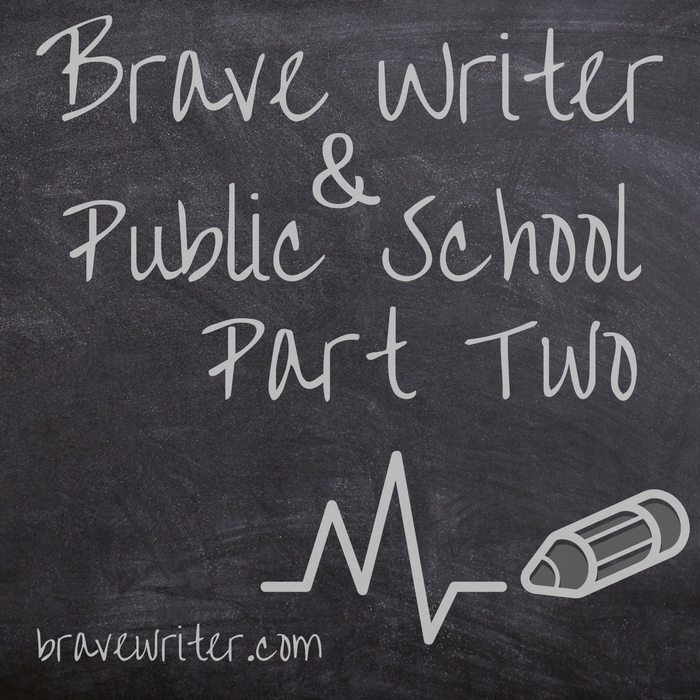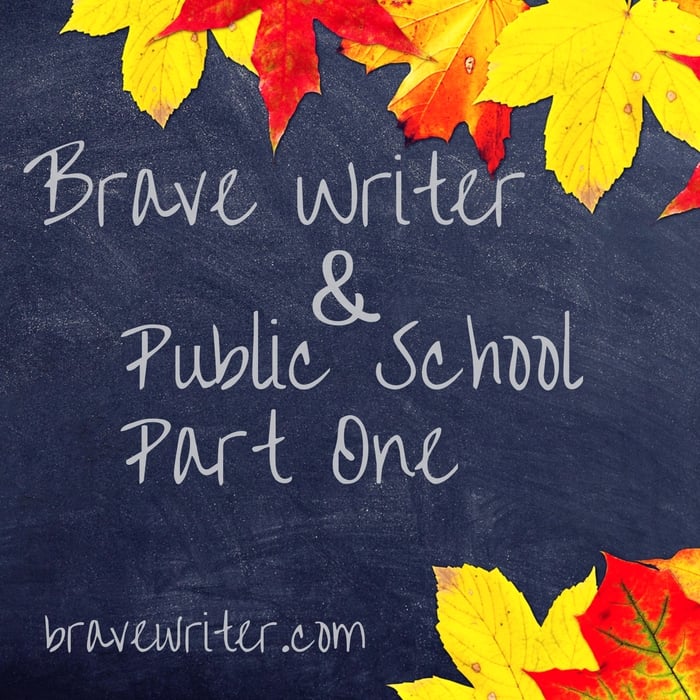Read this article: Future School
Alvin Toffler of Future Shock fame tackles the failures of public education in this article. What I find so refreshing reading it is how homeschooling, unschooling, charter schools, independent study programs have anticipated the exhaustion of the current model of education. Check out these wonderful comments and think about how you naturally create learning:
For example: Should education be compulsory? And, if so, for who? Why does everybody have to start at age five? Maybe some kids should start at age eight and work fast. Or vice versa. Why is everything massified in the system, rather than individualized in the system? New technologies make possible customization in a way that the old system — everybody reading the same textbook at the same time — did not offer.






















